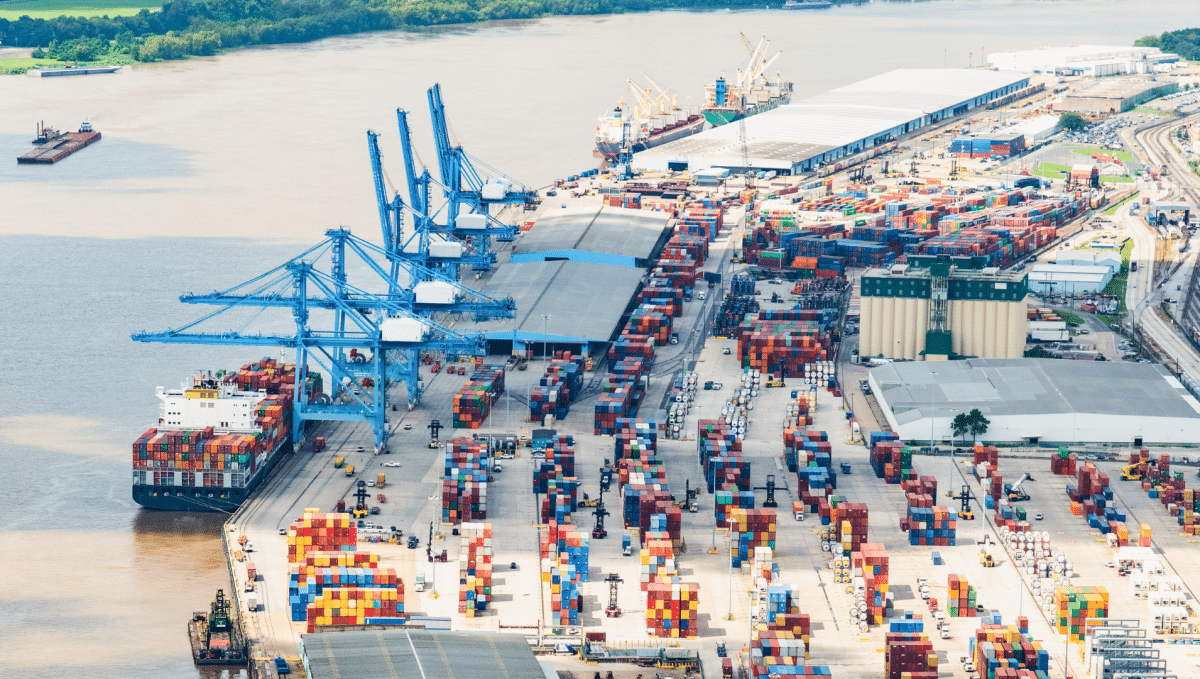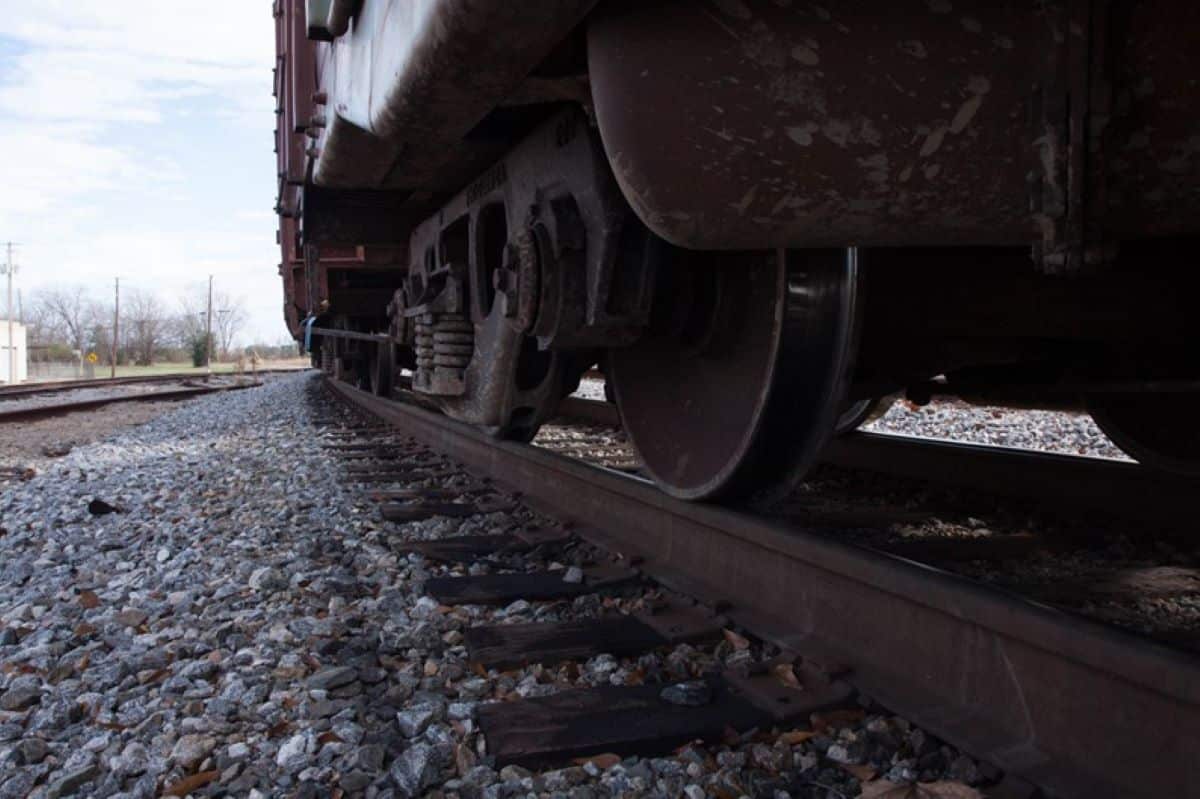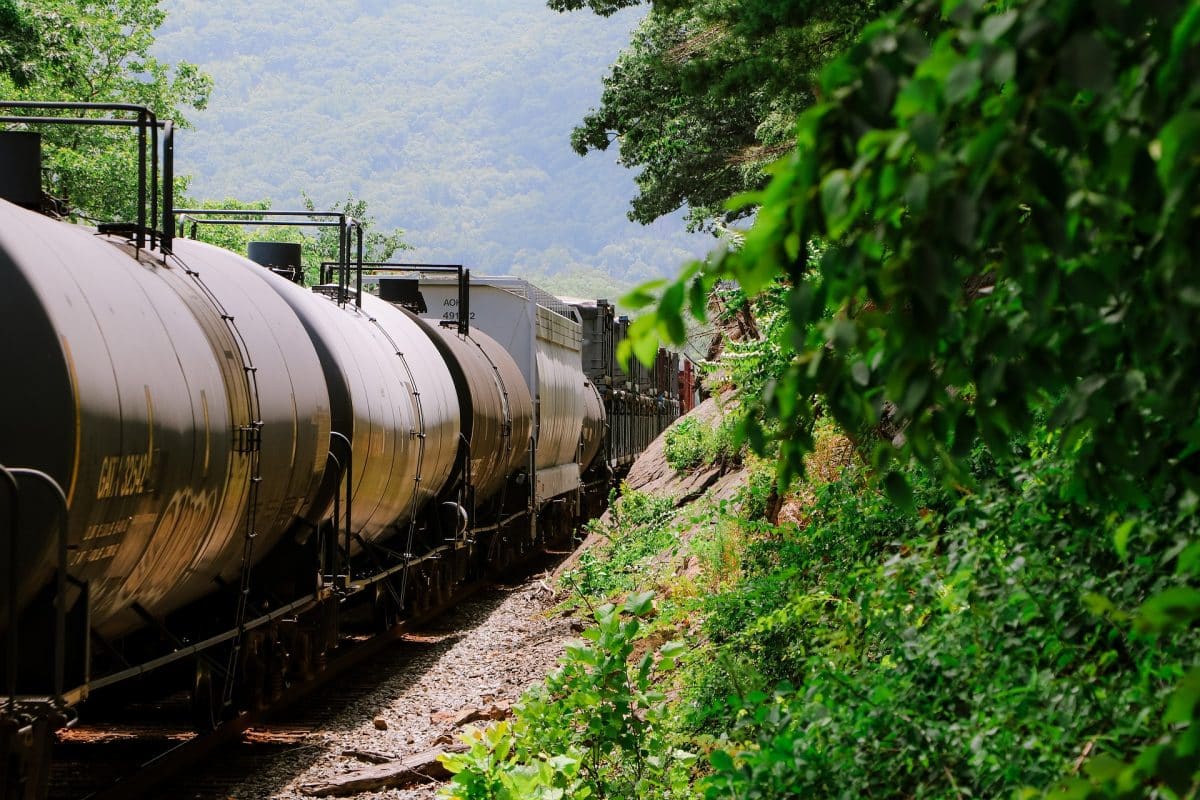Port Strikes and Fertilizer: Navigating Disruptions to Keep Farms Growing

Fertilizer doesn’t just magically appear on farms. It’s part of a global marketplace that requires precise planning, year-round logistics, and a highly complex system behind the scenes. This system ensures that farmers have the nutrients they need, exactly when and where they are needed. A critical component of that system? Ports and harbors.
Let’s explore why ports like Tampa, New Orleans, and Houston are vital for the fertilizer supply chain, and how recent disruptions could have ripple effects across the agriculture sector.
Why Ports Matter for Fertilizer
Fertilizer is a global commodity. It’s bought, sold, and shipped around the world to reach farmers at the optimal time. Some of the most important ports for fertilizer in the U.S. are located along the East and Gulf Coasts. For instance, did you know that 70% of fertilizer imports into the region pass through New Orleans? Similarly, Tampa handles over half of the region’s fertilizer exports, making it another crucial hub.
When these ports operate smoothly, the fertilizer supply chain flows without disruption. But when they don’t, the consequences can be felt far beyond the docks. Farmers rely on these shipments to grow the crops that feed us all, so even a short delay at the port can snowball into much larger problems.
The Impact of the Port Strike
A recent strike affecting over a dozen U.S. ports has sparked serious concern across the fertilizer industry. While the strike primarily targets container and roll-on/roll-off terminals (which handle cars, trucks, and other large cargo), it hasn’t left the fertilizer industry untouched. Fertilizer is usually shipped in bulk—a method where large amounts are loaded directly into ships’ holds—so bulk terminals have mostly been spared from the disruptions.
However, a rising trend complicates things: the growing use of containers to ship fertilizer and other agricultural inputs. This shift means that the strike could now impact a greater portion of the fertilizer supply chain than before. Additionally, this is the first strike impacting East and Gulf coast ports in decades, so the full scope of impacts to the supply chain are unknown, including if the stoppage will cause delays in getting these essential nutrients to farmers.
Fertilizer’s Global Journey
It’s important to remember that fertilizer isn’t just a U.S. product; it’s part of an interconnected global marketplace. The raw materials used to produce fertilizer are sourced from countries like Canada, Russia, and Morocco. Once purchased, these products travel across oceans to key U.S. ports, such as those in New Orleans or Tampa. From there, they’re unloaded and distributed to farms across the country.
The fertilizer that helps crops grow in Iowa or Ohio could have traveled thousands of miles to get there, passing through ports, railways, and highways. Any disruption at a port can create delays that reverberate through the entire supply chain.
Why a Quick Resolution Is Needed
Fertilizer isn’t just needed once per year—it’s required year-round. While planting season is a particularly crucial time, farmers must plan well in advance to ensure they have the right fertilizer to boost yields and maintain soil health. Timing of these applications is also critical to prevent runoff into waterways and loss of the nutrients by farmers resulting in smaller crop yields.
Prolonged port disruptions could leave farmers without the fertilizer they need when they need to apply it. If shipments are delayed, it can lower crop yields, leading to everything from higher food prices to shortages of essential agricultural products. While fertilizer companies have taken steps – like prepurchasing and prepositioning – to mitigate effects from a port shutdown, resolving the current port strike as quickly as possible remains critical.
Wrapping Up
A swift resolution to the ongoing port strike is essential to ensure that farmers receive the nutrients they need to feed the nation—and the world. Both sides in the dispute need to return to the negotiating table to find a resolution. If negotiations falter, it may be time for the White House to intervene and help reopen the ports, keeping the fertilizer supply chain flowing.


